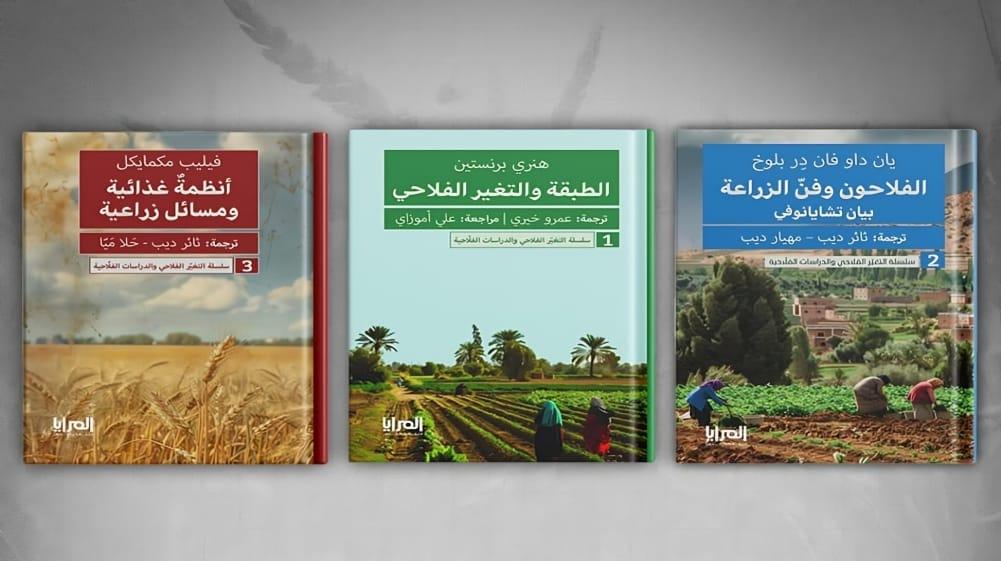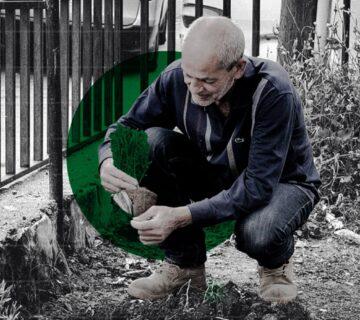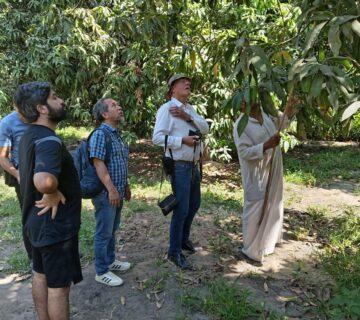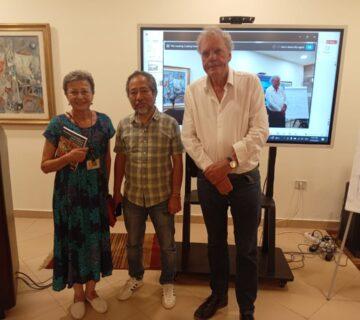On September 23, 2025, SIYADA Network, the Transnational Institute, the Post-Neoliberalism Pathways Project, and the Erasmus Professor Program of Erasmus University Rotterdam co-organized an event to launch the Arabic translation of the Agrarian Change and Peasant Studies series, supported by the Erasmus Program. The event included an open discussion of the first three books published by Initiatives in Critical Agrarian Studies (ICAS):
– Class Dynamics of Agrarian Change, by Henry Bernstein
– Peasants and the Art of Farming, by Jan Douwe van der Ploeg
– Food Regimes and Agrarian Questions, by Philip McMickael.
The event was attended by Jun Borras, editor-in-chief of the series, Jan Douwe van der Ploeg, author of the second book, and Dr. Amr Khairy, one of the main translators. The discussion was moderated by researcher Abeer Abazeed at the American University in Cairo. The session was attended by a distinguished and diverse audience that included a number of activists, journalists, and researchers in the fields of political economy and human rights.
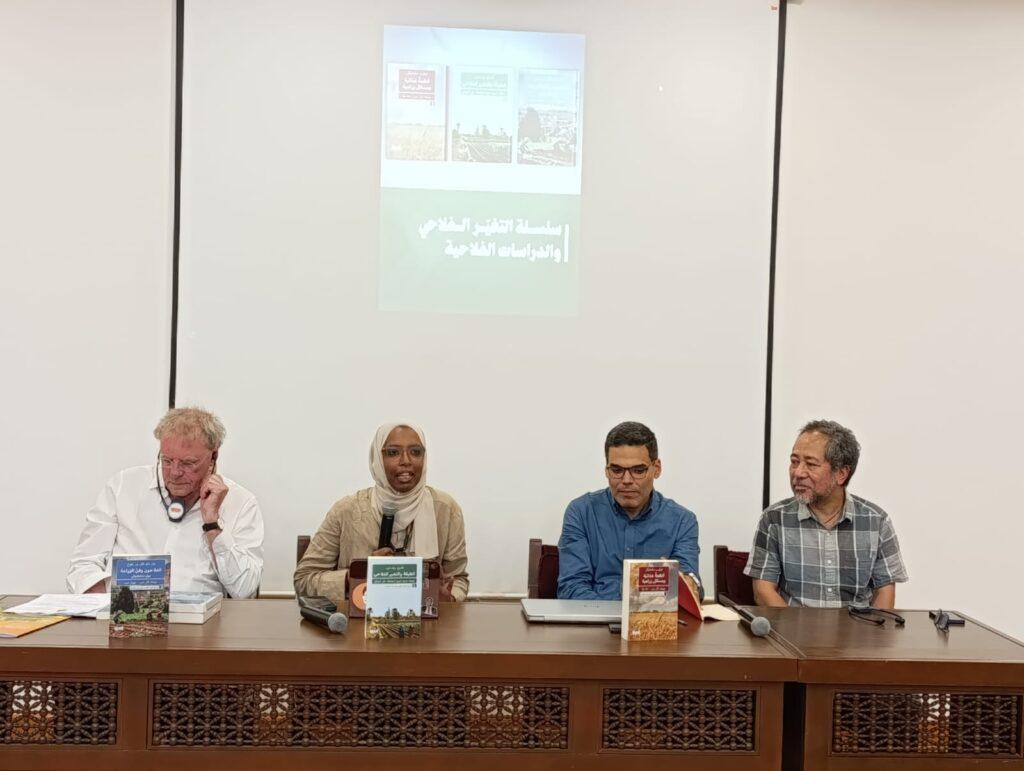
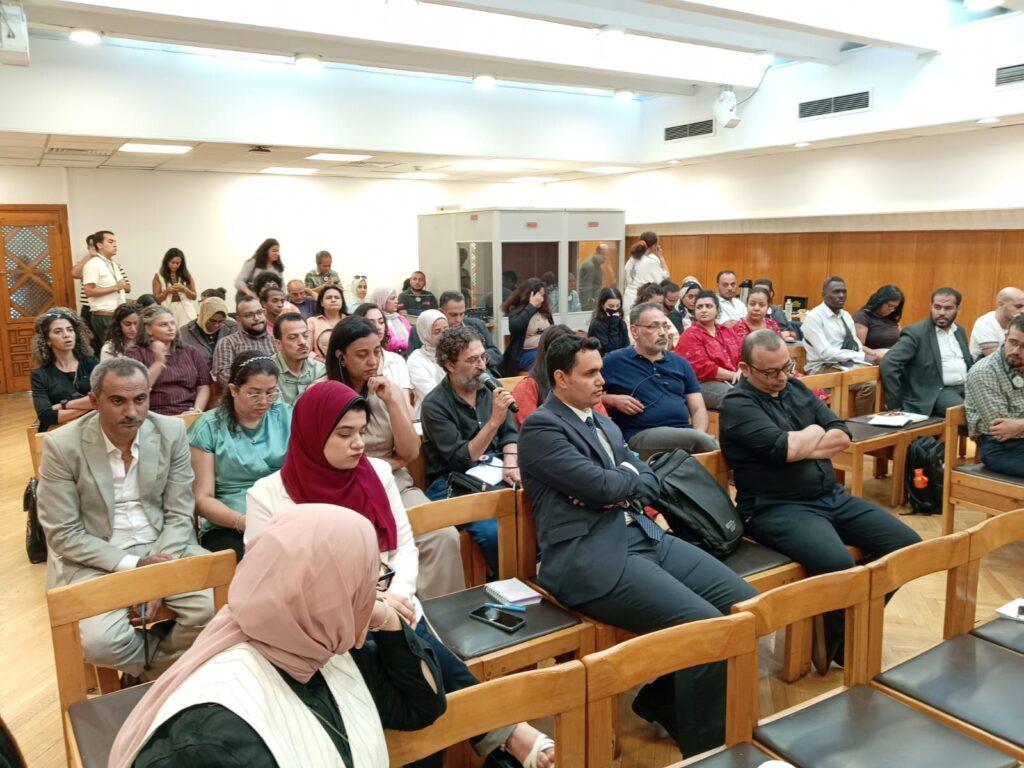
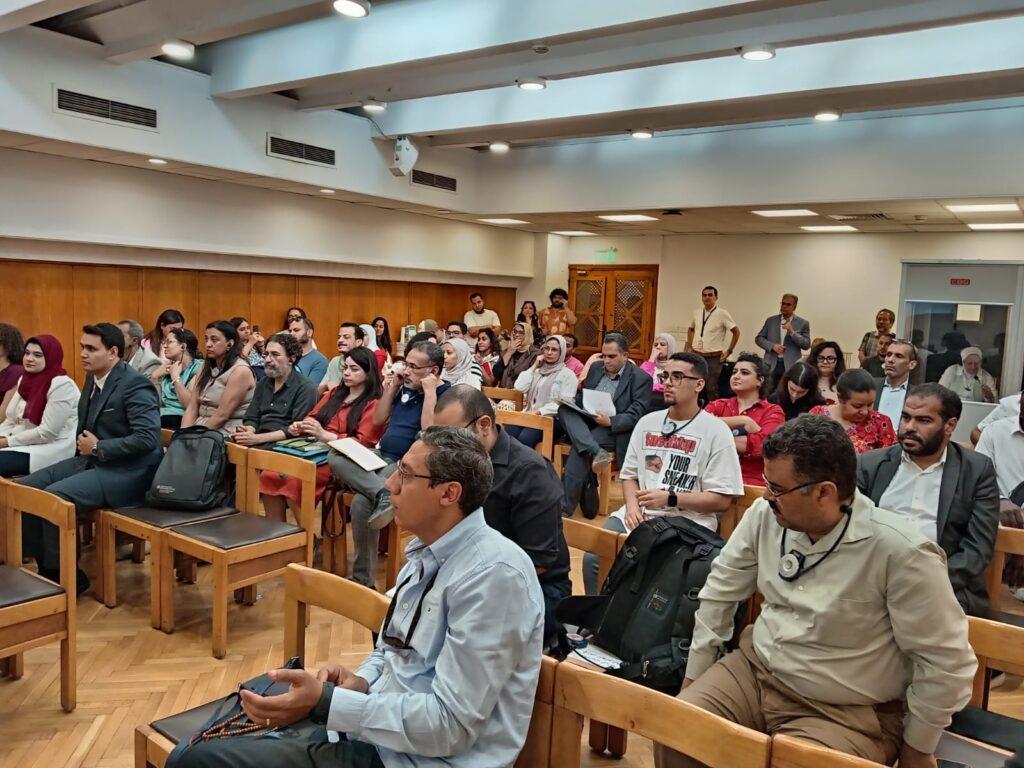
At the beginning of the session, Jun Borras gave a presentation on the series and its objectives, explaining that the literature on agrarian change is often dominated by complex academic language that makes it difficult to read and understand for everyone, including activists and members of peasant movements, who are the first to be concerned with the topics covered in this literature. Researchers and academics also often lack the traditional and practical experience and knowledge possessed by members of peasant and popular movements. The Critical Peasant Studies Initiative was launched to try to bridge this gap between academic and peasant knowledge. The books in the series address specific development issues in a simplified manner, combining theoretical and political discussion with empirical examples from various national and local contexts. They were written by a group of academics, social movement activists, and development practitioners from various disciplines.
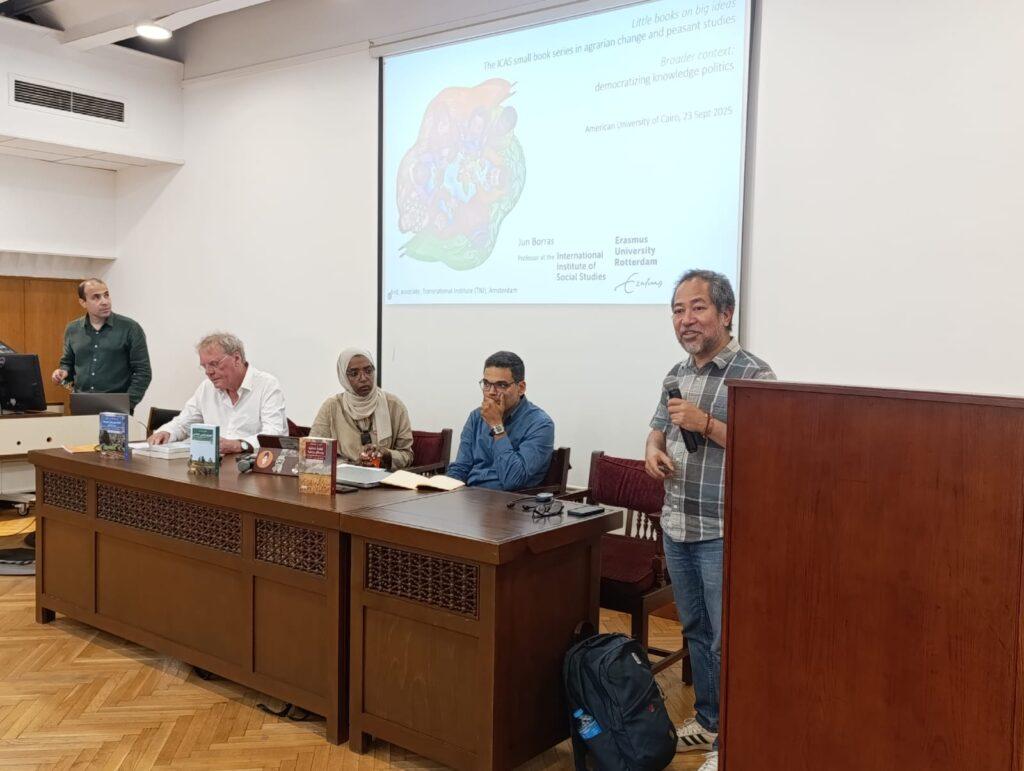
Borras also explained that the initiative came as an attempt to change the current unfair situation based on the monopoly of large research institutions and universities in Western countries on the production and exchange of knowledge, thereby enabling its circulation, dissemination, and use. The initiative also seeks to translate the books in the series into as many languages as possible. They are currently available in 14 languages, including Spanish, Portuguese, Chinese, Russian, and Indonesian, in order to break down language barriers and make them accessible to as many people as possible.
Jan Douwe van der Ploeg then spoke about his book Peasants and the Art of Agriculture, which is based on the ideas of Russian economist Alexander Chayanov on peasant political economy. Blokh presented the reasons why Chayanov was a genius and how his ideas were a product of his circumstances and influenced by his historical background and upbringing in the highly diverse Russian countryside. Ploeg focused on the idea of internal Chayanovian balances, particularly the balance between labor and profit. He also reviewed some peasant initiatives in China through which peasants are attempting to counter the capitalist model of agriculture.
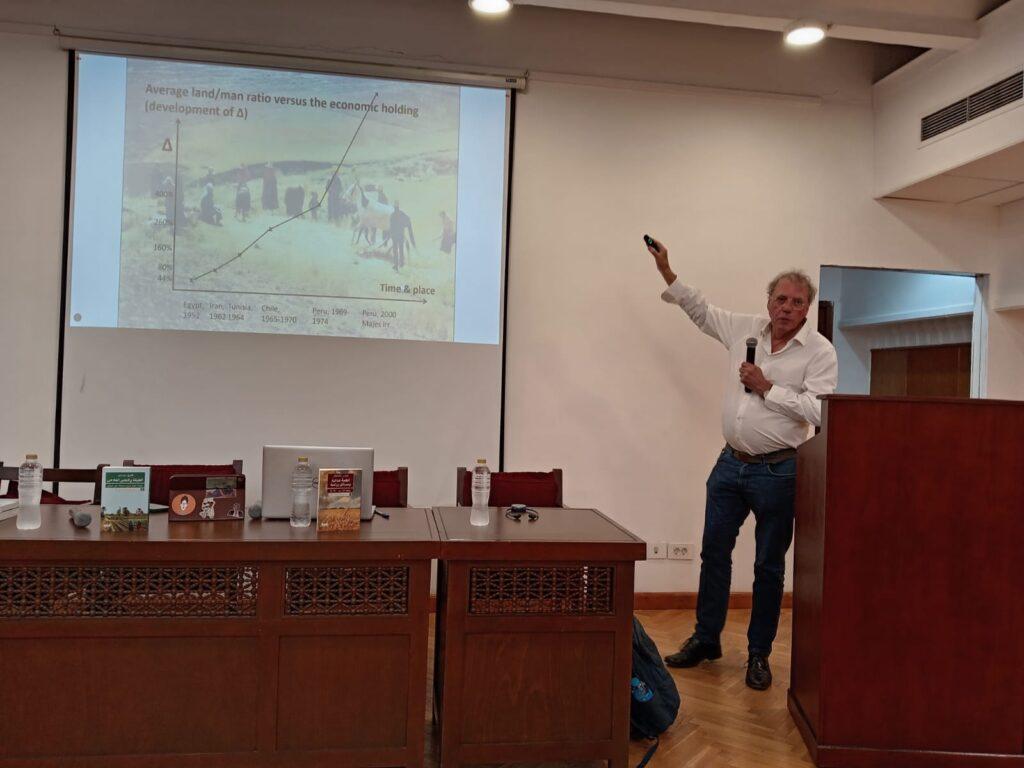
At the end of the session, participants asked many questions that focused on the ability of small farmers to feed the world in light of the accelerating climate crisis, the scarcity of resources and the conflict over them, as well as their ability to organize and find their own alternatives related to their problems and local communities. Participants also discussed the possibility of applying Chayanov’s ideas in different political and economic contexts.
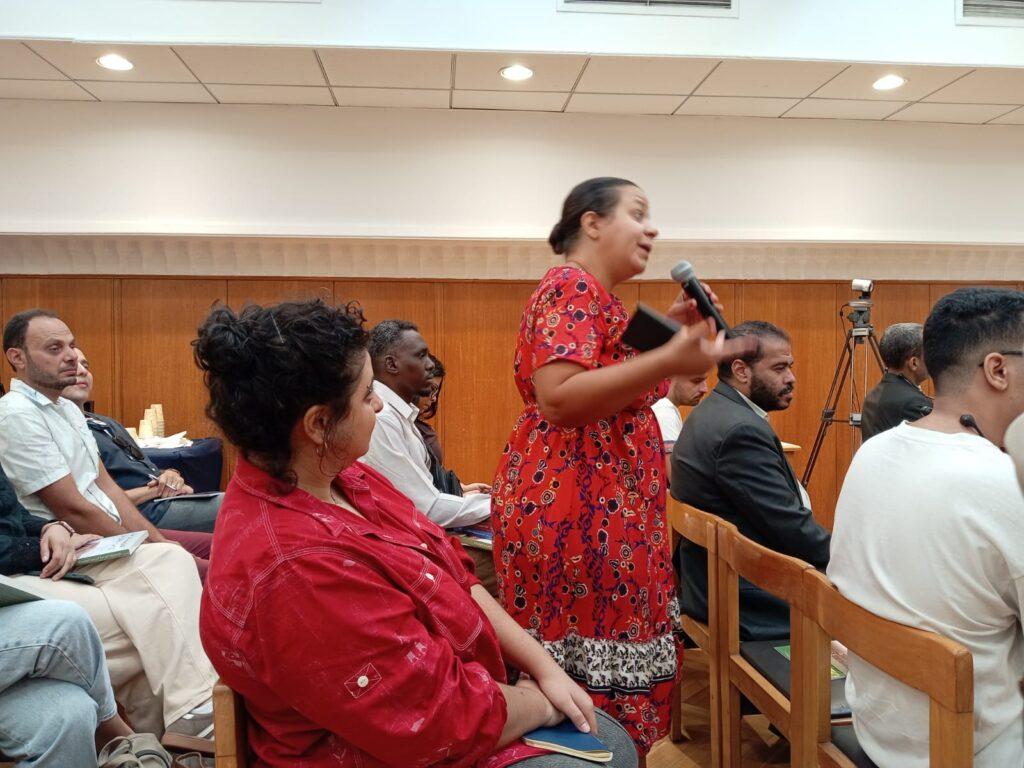
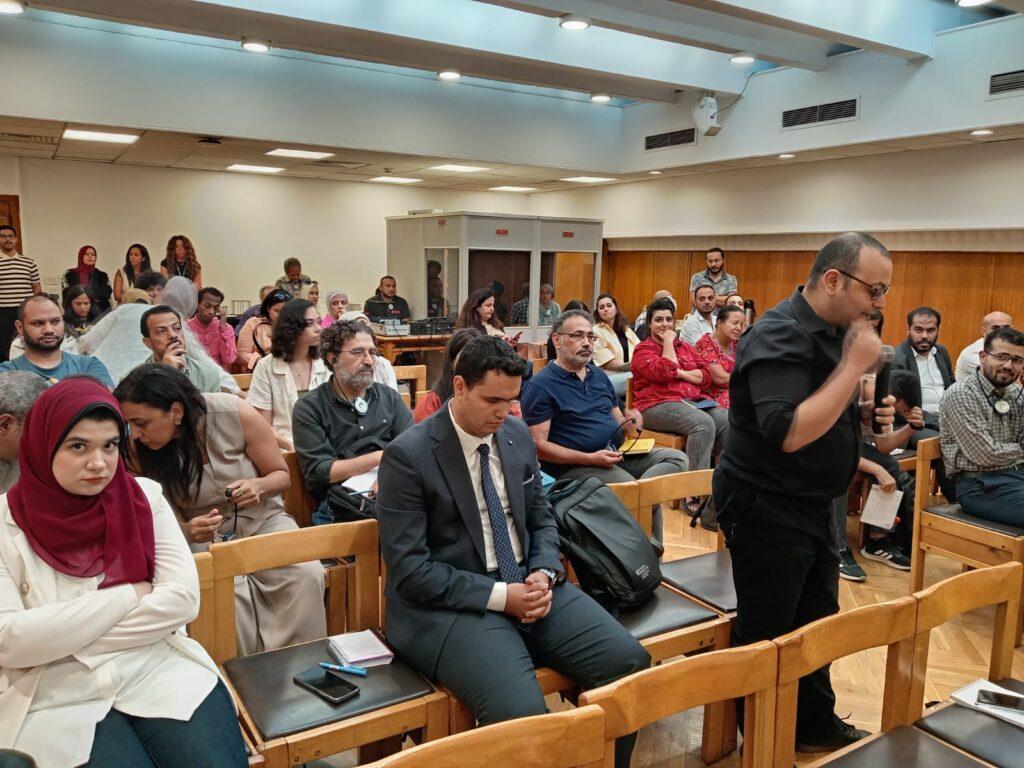
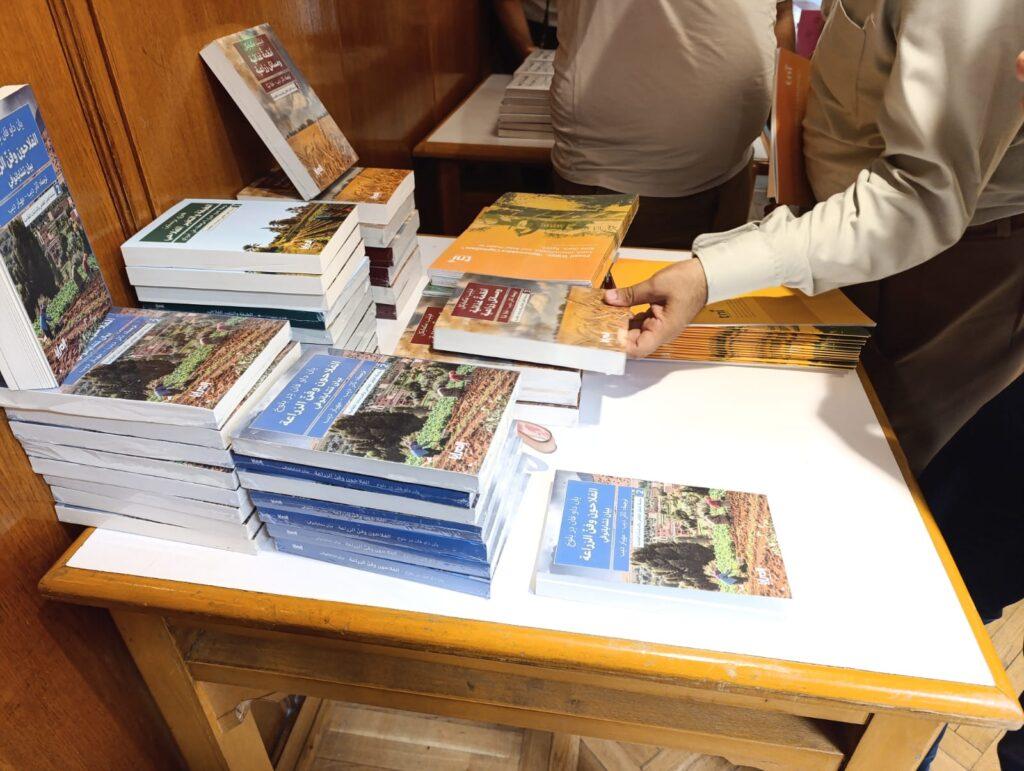
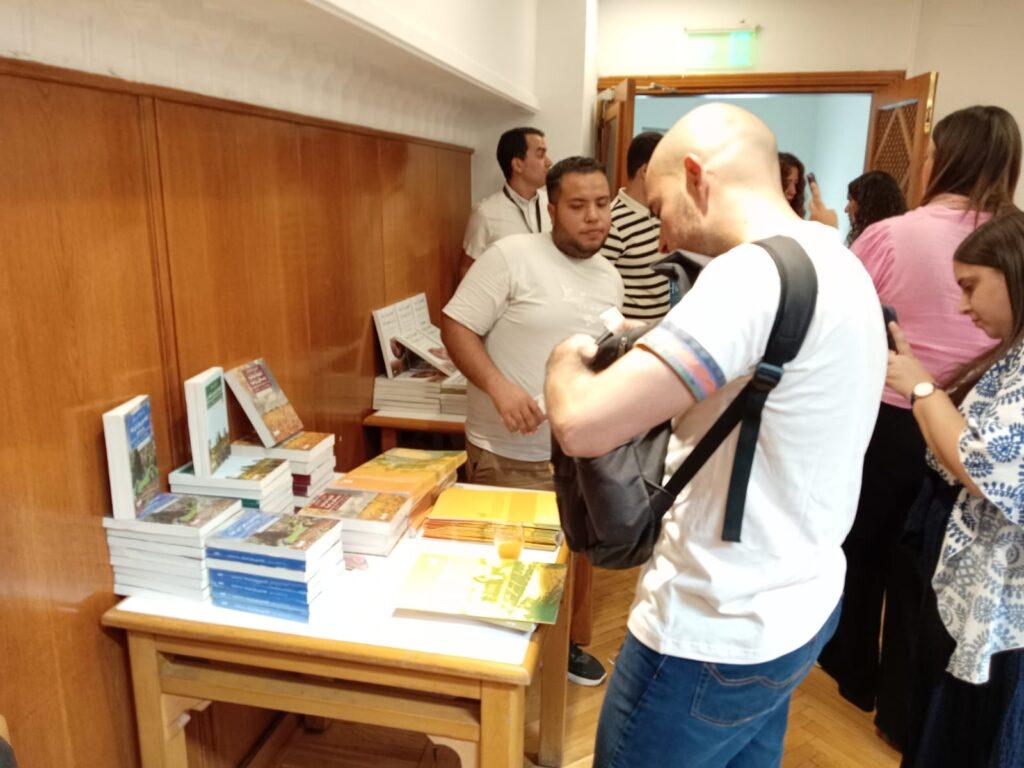
- To read the first book press: here
- To read the second book press: here
- To read the third book press: here
Co-Publishers of the series:


